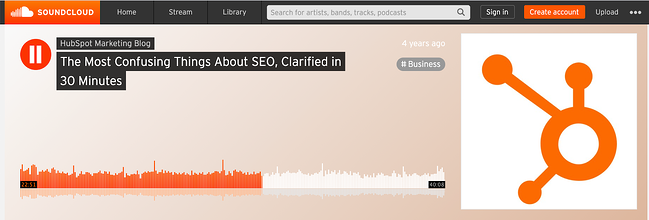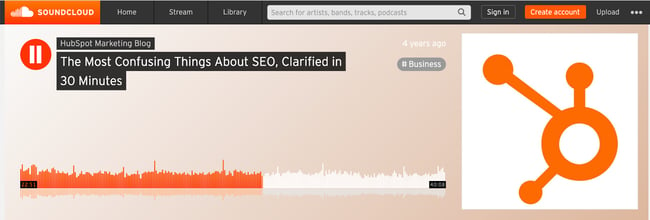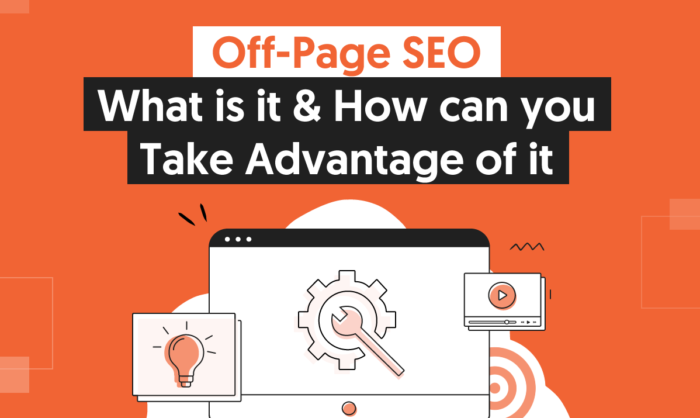Blog SEO: How to Search Engine Optimize Your Blog Content

By bcoleman@hubspot.com (Basha Coleman)
Search engine optimization, or SEO, is incredibly important for marketers. When you optimize your web pages — including your blog posts — you’re making your website more visible to people who are using search engines (like Google) to find your product or service.But does your blog content really help your business organically rank on search engines?
In this article, you’ll find the answer to this question and more. Get ready for an in-depth exploration into the world of blog SEO, the factors that affect it, and tips to start optimizing your blog site for the search engines.
Although it’s clear blog content does contribute to your SEO, Google’s many algorithm updates can make publishing the right kind of blog content tricky if you don’t know where to start. Some blog ranking factors have stood the test of time while others are considered “old-school.” Here are a few of the top-ranking factors that can, directly and indirectly, affect blog SEO.
Pro tip: As a rule of thumb, take time to understand what each of these factors does, but don’t try to implement them all at once. They each serve a specific purpose and should be used to meet a specific SEO goal for your blog. Listen to HubSpot’s Matt Barby and Victor Pan take on this topic in this podcast episode.
Factors That Affect Blog SEO
1. Dwell Time
Although dwell time is an indirect ranking factor for Google, it’s a critical factor in the user experience — and we know that user experience is king when it comes to SEO. Dwell time is the length of a time a reader spends on a page on your blog site. From the moment a visitor clicks on your site in the SERP, to the moment they exit the page is considered dwell time. This metric indirectly tells search engines like Google how valuable your content is to the reader. It makes sense that the longer they spend on the page, the more relevant it is to them.
However, there’s a reason this metric is an indirect indicator for SEO — it’s completely subjective. The search engine algorithms don’t know your content strategy. Your blog could be focused on short-form content that takes just a minute or two to read. You might also include pertinent information at the beginning of your blog posts to give the best reader experience, which means less time spent on the page. So yes, dwell time can affect SEO, but don’t manipulate your content to change this metric if it doesn’t make sense for your content strategy.
2. Page Speed
We mentioned earlier that visual elements on your blog can affect page speed, but that isn’t the only thing that can move this needle. Unnecessary code and overuse of plugins can also contribute to a sluggish blog site. Removing junk code can help your pages load faster, thus improving page speed. If you’re not sure how to …read more
Source:: HubSpot Blog










